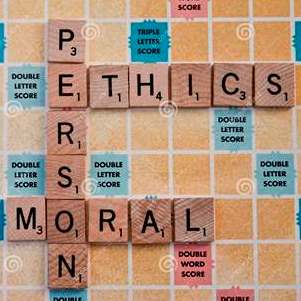
In Sebelius v. Hobby Lobby Stores and Conestoga Wood Specialties Corp. v. Sebelius the Supreme Court will decide whether the Religious Freedom Restoration Act (RFRA) applies to for-profit, closely held secular corporations. If RFRA applies to corporations, the Religious Land Use and Institutionalized Persons Act (RLUIPA) likely will also apply to corporations, greatly expanding the scope of RLUIPA. RLUIPA bars state and local governments from enforcing land use regulations that impose a substantial burden on “the religious exercise of a person” unless the government can point to a compelling interest. The SLLC’s amicus brief, which ICMA joined, argues that for-profit corporations aren’t covered by RLUIPA.
Three for-profit corporations and their owners claim that the Affordable Care Act’s requirement that employers with 50 or more employees provide coverage of all FDA-approved contraceptive methods violates RFRA. RFRA provides that the federal government “shall not substantially burden a person’s exercise of religion.” The Third Circuit did not reach the question of whether a for-profit corporation can be a “person” under RFRA because the court concluded that corporations cannot engage in the exercise of religion. The Tenth Circuit concluded that corporations, regardless of their profit-making status, could be “persons” under RFRA.
RFRA and RLUIPA are related statutes. But RFRA only applies to the federal government, and RLUIPA only applies in the land use and institutionalized persons’ context. Both statutes use the term “person” to define who is covered. The Tenth Circuit relied in part on RLUIPA’s definition of covered entities in construing RFRA’s parallel provision.
The SLLC’s amicus brief focuses exclusively on how “person” should be defined in RLUIPA. The SLLC’s brief argues the Tenth Circuit was wrong to construe “person” in RFRA as encompassing for-profit and nonprofit corporations alike. Congress’s purpose was for RLUIPA to protect individuals, as well as churches, religious assemblies, and similar organizations, from the unreasonable application of state and local land use laws. This intention is irreconcilable with a construction that permits for-profit, secular corporations to invoke RLUIPA. Construing RLUIPA in this fashion would potentially allow a wide variety of groups to challenge local governments’ use of generally applicable zoning ordinances and planning codes, and would magnify the burden on local governments beyond what Congress envisioned.
The National League of Cities, the National Association of Counties, the United States Conference of Mayors, and the International Municipal Lawyers Association joined ICMA in signing onto the SLLC's brief.
Oral argument will be heard in these cases on March 25. The Court will decide this case by June 30.
New, Reduced Membership Dues
A new, reduced dues rate is available for CAOs/ACAOs, along with additional discounts for those in smaller communities, has been implemented. Learn more and be sure to join or renew today!
